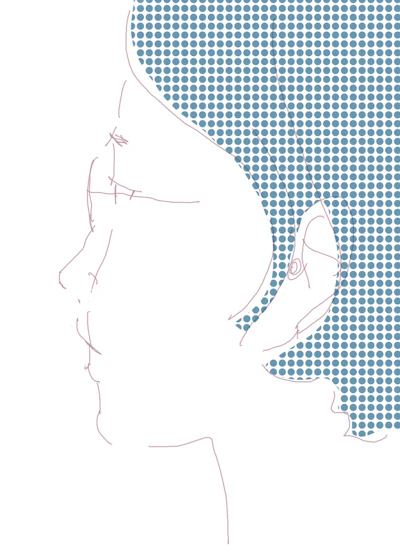01.12MON
2024.06.11
Relay Column: Everyday Revival (Takuto Izawa)

PROFILE

Takuto Izawa
Born in 1995. Currently enrolled in the doctoral program at the University of Tokyo's Graduate School of Interdisciplinary Information Studies, and works as a research assistant at the National Art Center, Tokyo. Additionally, he is part of the collective "pH7," which undertakes various activities in the fields of design and linguistic expression, including poetry and print design.
The reason why I am often late is not because I can't wake up in the morning. In fact, I don’t mind waking up early when needed, and I rarely miss appointments due to oversleeping. So why am I late then? It’s because, despite being awake, I can't leave the house. Various factors block my way out the door, be it the panic over not knowing what to take to work today, or the labor-intensive task of caring for my dry and sun-sensitive skin, but most of all, it’s the silent, eerie closet.
When I open the closet, despair always hits. The departure time is approaching, yet I am overwhelmed by the subdivided clothes, folded or hanging all over the place, not knowing how to select what to wear today. Each piece appears incoherent, showing mismatched faces, and extracting the one perfect outfit for the day feels like an immense labor. At such moments, I feel like shouting, "I have nothing to wear!"
There is plenty of clothing right in front of me. The issue is that each piece doesn't assert itself with any impact. It’s like a foreign language class where no one responds to the teacher; frustrating and unbearable. This makes me irritated, and I even feel like blaming the clothes for their lack of enthusiasm. But time won’t wait, so I must move my hands to get ready. I first choose bottoms with the dull reason, "I haven't worn these recently," then decide the rest while vaguely imagining the overall form. Among the socks drying around the house, I pick the pair with the most acceptable color that catches my eye, and it's a good day if I have time to put on accessories. After wiping my glasses and shouldering my bag, I finally start thinking about shoes......
CONCEPT VIDEO
"fashion tech news" Unveils New Logo & Concept Video
TOP ARTICLES
RELATED ARTICLES
CONCEPT VIDEO
"fashion tech news" Unveils New Logo & Concept Video
CONTACT
If you have any questions or enquiries, please enter your details in the form below.









.jpg?w=400&fm=webp)

.jpeg?w=400&fm=webp)






.png?w=400&fm=webp)


.JPG?w=400&fm=webp)